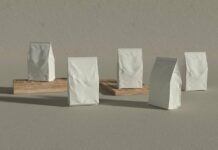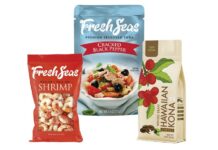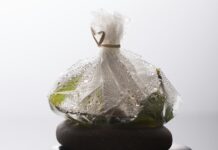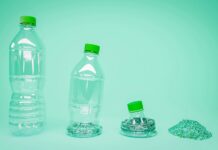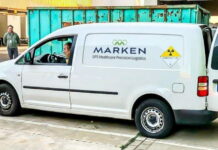Cadbury Australia, has revamped the packaging for its 2024 Easter products in response to growing consumer demand for sustainable packaging solutions. The initiative aligns with the company’s ongoing commitment to minimising plastic usage and waste.
Cadbury has transitioned from utilising plastic crates for its hollow eggs for egg hunts and is now using cardboard cartons for both 12 and 24-pack configurations, resulting in a reduction of 131,000 kilograms of plastic. It is now streamlining its Easter gift boxes by eliminating plastic blisters and excess cardboard, effectively slashing 200,000 kilograms of packaging material.
Reducing reliance on virgin plastics
These adjustments are integral to Cadbury’s 2024 Easter special product range, which will be sold in both Australia and New Zealand. The rationale for introducing the new packaging is rooted in enhancing packaging sustainability for both consumers and the environment. This initiative entails reducing packaging volume, utilising superior packaging materials and committing to investments aimed at enhancing recycling infrastructure.
The company has also announced that it will incorporate 50% recycled plastic, utilising a mass balance approach for the wrappers across its blocks, bars and pieces ranges manufactured in Australia from the first quarter of 2024. It has signed a deal with leading global packaging company Amcor to invest in Licella Holdings – an investment that aims to advance one of Australia’s pioneering advanced recycling facilities. Licella specialises in utilising its patented catalytic hydrothermal reactor technology to convert soft plastic waste into crude oil suitable for manufacturing food-grade plastic packaging. Through this collaboration, Mondelez will gain access to recycled content from the facility to fulfil a significant portion of its soft plastic packaging requirements in Australia, reducing its reliance on virgin plastic materials.




